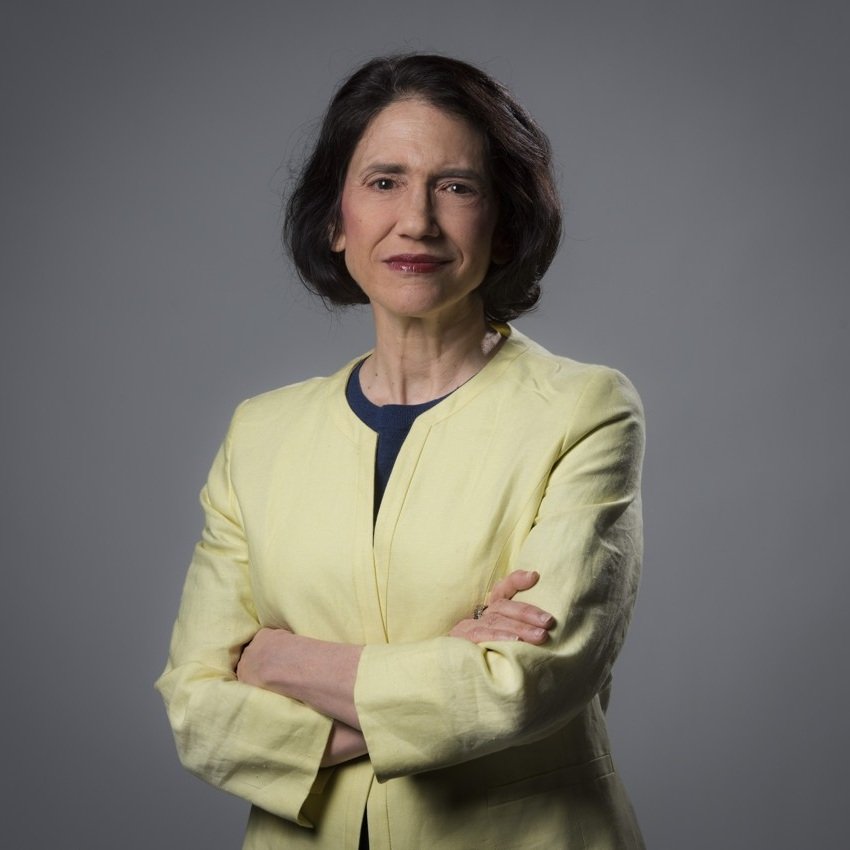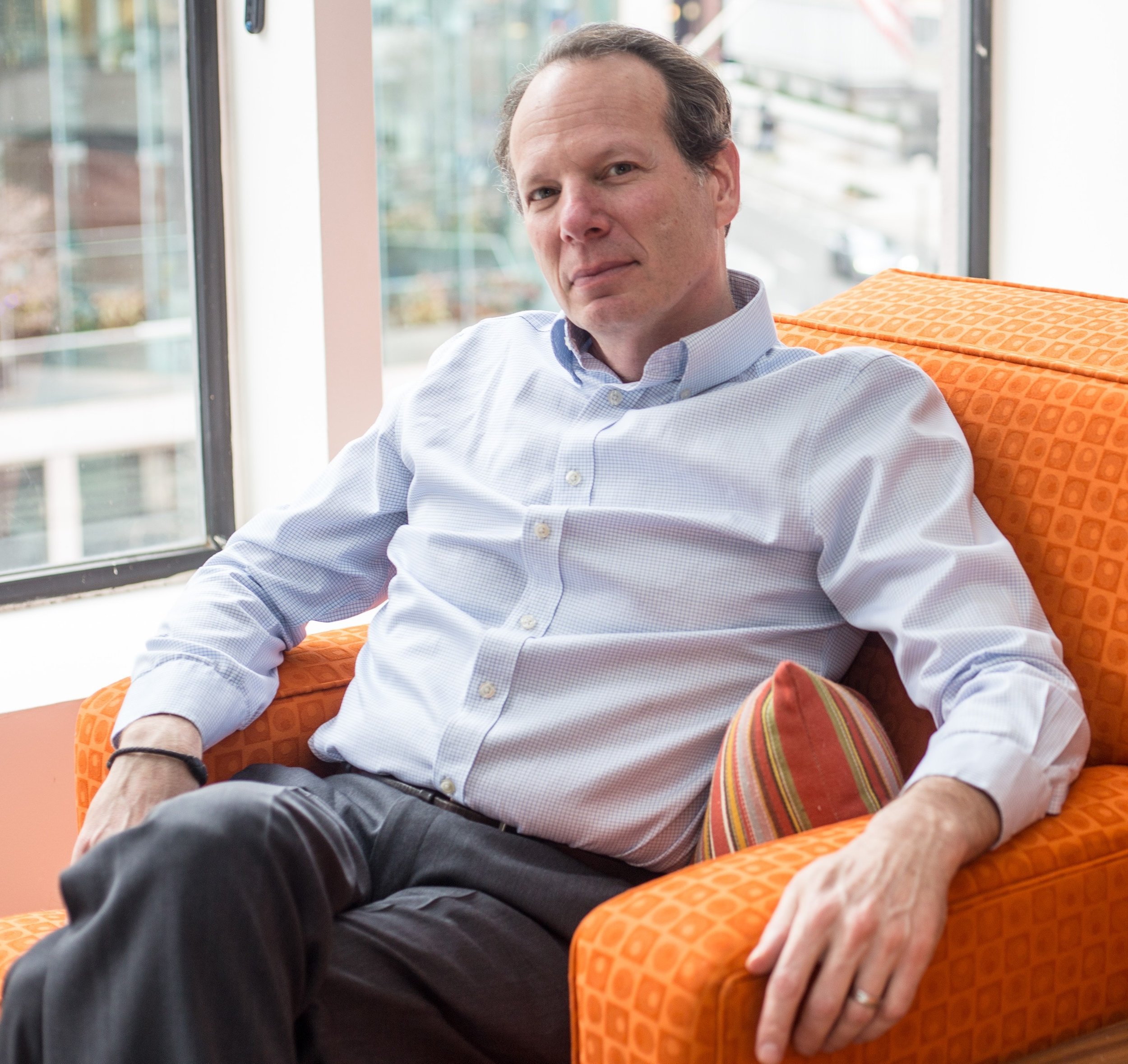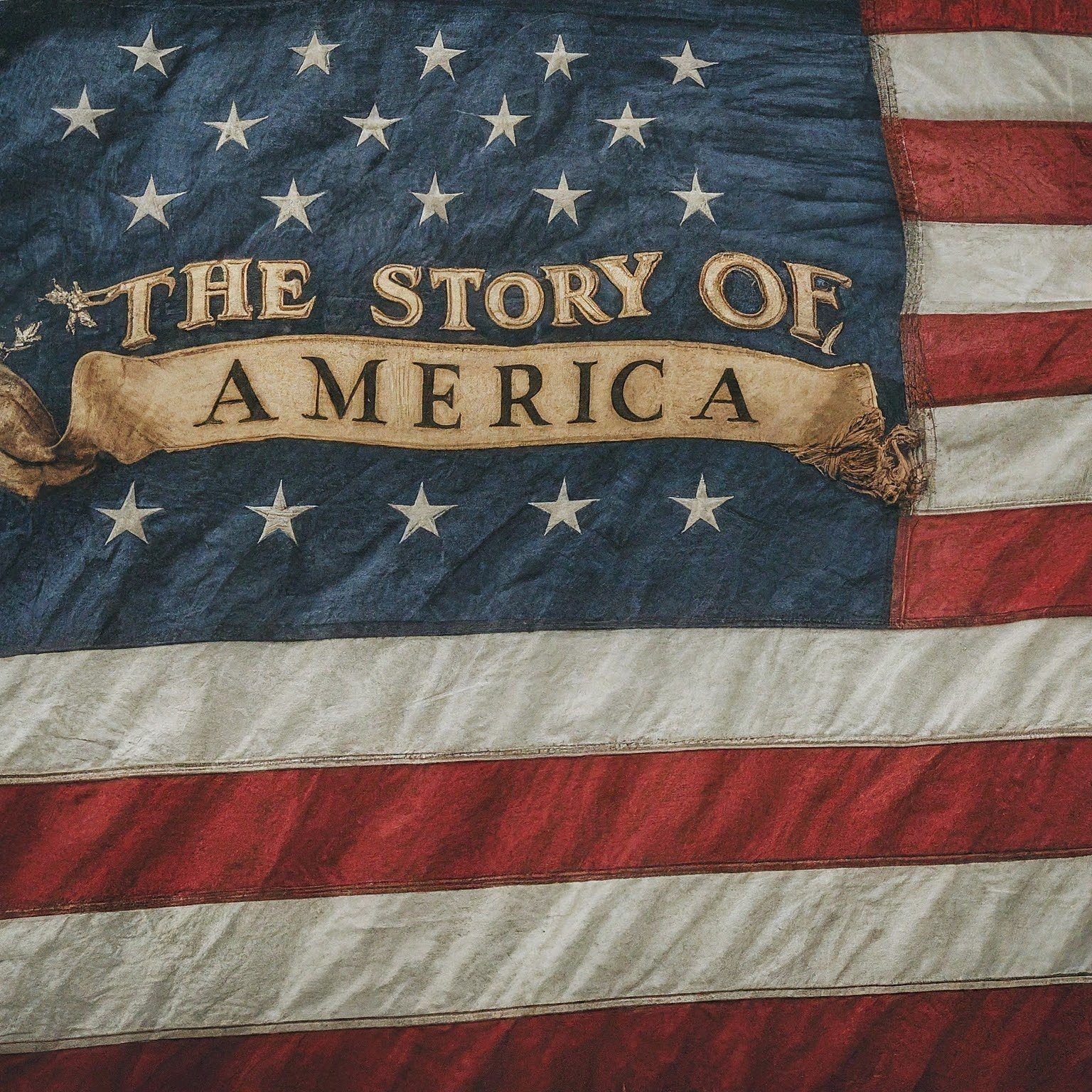













The Ethics of Candidates Telling America's Story
Politicians use storytelling to shape national identity, but the American story is complex—full of ideals yet marked by injustice. Ethical storytelling should be honest about the past while offering hope for a better future, uniting rather than dividing the nation.

The Ethics of Political Listening
We often focus on political speech—how to persuade, craft messages, and win debates. But democracy also requires listening—not just to respond, but to truly learn. Too often, we listen to confirm what we already believe rather than to challenge our assumptions. Watching the January 6th hearings, I remind myself: before I speak, I must listen.